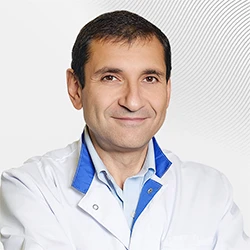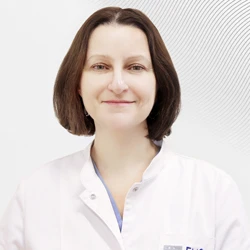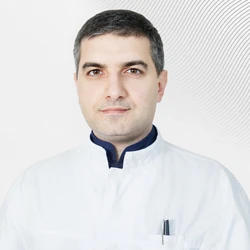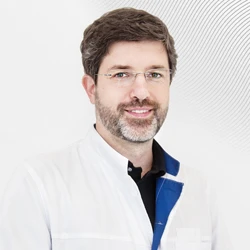Fertilization can be carried out using "standard ЭКО " or ICSI (in particular, ПИКСИ , IMSI and PIMSI). In standard IVF, eggs are placed in a special medium in a suspension of sperm cells and left in an incubator for several hours. In ICSI, the embryologist selects the sperm himself (assessing its motility and morphology) and inserts it into the egg. Since the egg is very small (about 1/10 mm) and extremely sensitive to external influences, the ICSI procedure requires very high qualifications. PIXIES, IMSI, and PIMSI differ from the "simple" ICSI in a more complex way of selecting sperm.
Next, the embryologist cultivates the embryos in special media, in special cultivation cups, in incubators with constantly controlled temperature, humidity and concentration of gases in the atmosphere. Cultivation takes place within 5-7 days with regular assessment of embryo development and periodic change of media and plates. At the end of cultivation, the embryologist, together with a reproductive specialist, transfers the embryos into the uterine cavity. If necessary, the embryologist performs an auxiliary hatching procedure before the transfer.Also, if necessary, the embryologist freezes embryos, eggs and spermatozoa.
A separate procedure can be performed PGD – preimplantation genetic diagnosis (checking the embryos for genetic abnormalities). To do this, the embryologist performs a biopsy of the embryos — removal of one to several cells from the embryo. This is — the most delicate embryological operation that not all embryologists can perform. The biopsy material is sent to a genetic laboratory for genetic analysis.
Thus, the embryologist:
- evaluates the quality of the obtained biomaterial: spermatozoa and eggs;
- performs fertilization in the laboratory;
- creates and controls optimal cultivation conditions;
- monitors that how embryos develop;
- performs assisted hatching;
- performs embryo biopsy;
- cryopreserves embryos, oocytes, and spermatozoa.
Was this information helpful?
Questions and answers
Baby teeth - treat or not?
Baby teeth do not need to be treated, because they will drop out in any case - is it true?
If the teeth are not cleaned properly white carious spots will appear underneath the soft plaque. This initial stage of decay is reversible: with proper hygiene the stain will gradually fade. The next stage is when the defect appears: the integrity of the enamel (the outer shell of the tooth ) is broken and a
cavity appears in the tooth . From this moment caries begins to develop more rapidly since the dentin (the hard tissue of the tooth located under the enamel) is less dense than enamel, and it becomes difficult to clean the teeth properly.
If microorganisms get into the cavity of the tooth where the nerve passes, this will cause pulpitis - inflammation of the pulp of the tooth (the pulp consists of blood vessels and nerves), which may be accompanied by pain, but in the milk teeth is usually asymptomatic.
Pain may occur later, when the nerve has died completely and infection occurs outside the tooth - in the bone. In addition to pain, pulpitis is sometimes accompanied by swelling of the gums, fistulas (channels between the foci of the infection and the gum) and loose teeth .
The pathological process - from the appearance of a white spot to the development of inflammation outside of the tooth root - can be fast and take a few months or last for years, depending on many factors.
To avoid problems with your child’s teeth , you should visit the paediatric dentist regularly. The first appointment with the dentist should be when the child is 1.5 years old. Following on from this there should be regular check-ups every 6 months, or more frequently as directed by the doctor.
...more
Diagnosed infertility - what to do?
I’m 27 years old, diagnosed infertility since 5 years ago, tubal factor and only one working ovary. Have gone through 3 tries of in vitro fertilization, one was stimulated, had no response, in all 3 cases I had only one oocyte. AMH 0,91. Do you think I have a chance for a pregnancy with my own oocyte? Sperm quality
is good.
...more
Yes, of course, you should fight for your oocytes. There is a variety of minimal stimulations: modified cycles, natural cycles etc. If these methods don’t work, so we will think about donor cells. But you must definitely give your ovaries a chance.
Severe cervical dysplasia
I have a transplanted kidney and I was recently found to have severe cervical dysplasia. The biopsy results are not yet back, but the physician says I must have my uterus and cervix removed. My question is: Can I have the operation in your clinic?
For severe cervical dysplasia, usually cervical conization is sufficient. If you have no plans for reproduction, or you already have children, then theoretically you can discuss having a laparoscopic removal of the uterus and cervix, but these decisions should not be made through correspondence. If you have a
referral for an operation in the city where you live, and have the opportunity to come to Moscow, come for a free consultation using "Second Opinion" promotion. If necessary, we can quickly provide operative treatment at a discount.
...more 
Vladimir Nosov
09 November 2015
Emergency's Working Hours
What are your hours?
We are open seven days a week, 24 hours a day, 365 days a year.
Nonbacterial Prostatitis
For over a year now I have suffered with nonbacterial prostatitis. I am 65 years old and my prostate is 50 cubic cm. I have treated this every way possible to no avail. As I understand it, there are only 2 possibilities: 1) Daily painkillers and sleeping pills which leave me in a drug-induced stupor. 2) Radical
prostatectomy, although I don't have cancer and my PSA is around 1. I don't live in Russia and it isn't possible to have a radical prostatectomy here. Can I have this operation in your center? Because of the severe inflammation, I can only sit and walk for limited amounts of time. I am near insane from the constant pain and sleeplessness.
...more
As with all civilized urologists in the civilized world, we COMPLETELY remove the prostate ONLY in cases of prostate cancer. At the same time, if you would like to be seen by us for assistance, at your convenience we can examine you and treat your problem.
.webp)





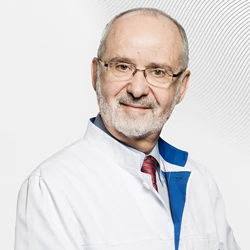
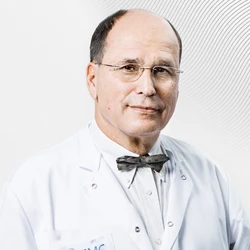
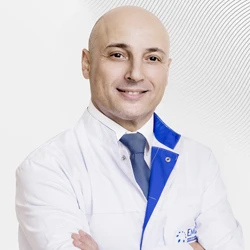

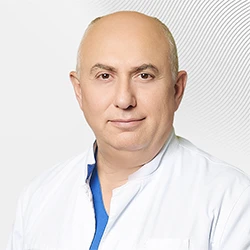
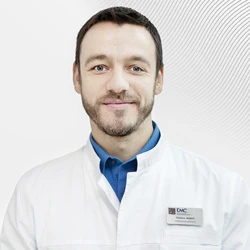
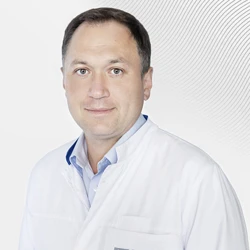
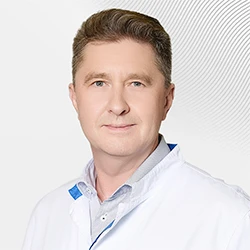

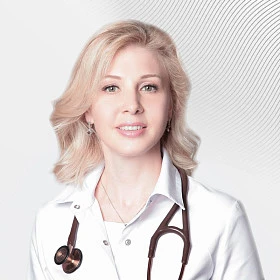
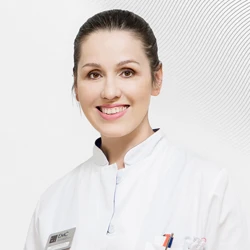
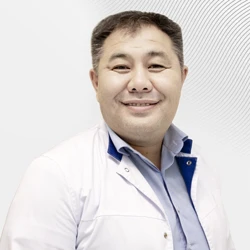
.webp)

.webp)
